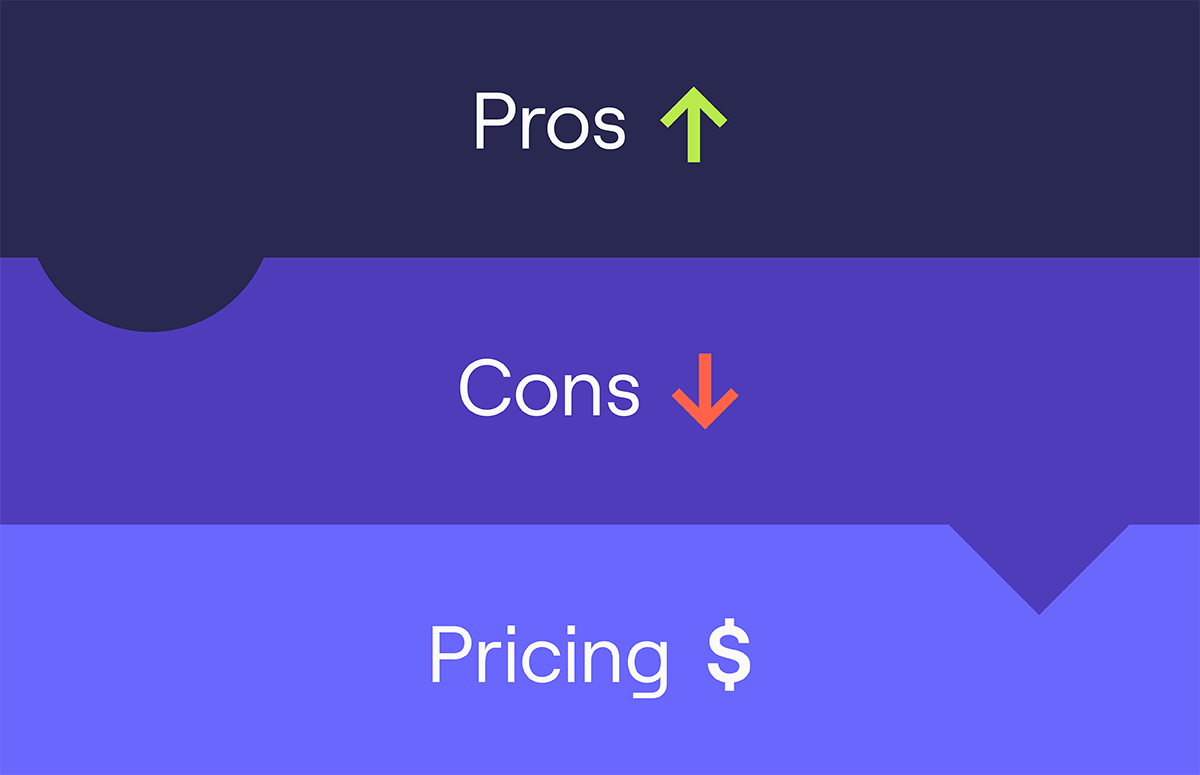Bidstream Intent Data: Why You Should Use Co-Op Data Instead
If you’re struggling to connect with audiences that are in market to buy, you might be considering bidstream intent data.
It sounds like a great solution, giving you real-time data insights into your ideal audience’s purchasing intentions and preferences.
As great as it sounds, it might not be the answer.
Bidstream data has come under fire for its potential non-compliance with GDPR.
But what to use instead?
Scroll on to learn more about bidstream intent and how it compares to other intent data sources 👇
What is bidstream intent data?
Bidstream intent data is a form of third-party data gathered from websites that sell advertising through auctions and is based solely on the ad impressions that are available for auction.
It captures insights into user behaviour, preferences, and intent based on digital interactions as they occur in real-time during ad auctions.
This data includes signals such as browsing history, search queries, and interactions with various web content.
Sales and marketing teams can analyse these signals to identify which potential customers are most likely to make a purchase.
How third-party intent data is collected
You say data, I say data.
When it comes to intent data, you might think it’s all the same, right?
Nope! The type of buyer intent data you choose makes a difference.
The most popular way for businesses to acquire intent data is through a B2B data provider. However, not all providers use the same sources for their intent signals.
For instance, bidstream intent data used by data vendors like ZoomInfo is collected across billions of websites and auctioned off with no context as to whether the buyer actually has the intention to buy or not.
Co-op data used by companies like Cognism are much more curated. They use a notified database that collects data points and consumption history.
Other than bidstream and co-op data, websites can sell their data to third parties with their users’ consent.
When searching for a bidstream data alternative, the best option to consider is co-op intent data.
Here’s why 👇
Co-op vs bidstream intent data: Why co-op wins
Bidstream intent data might equal more volume, but it’s like buying bulk strawberries that have been sitting at the back of the shop for some time.
You can’t guarantee how much of it will be quality and how much will be unusable for your needs.
Co-op intent data is like hitting the farmer’s market and picking up a box of strawberries specifically picked for freshness and quality.
As a business, you don’t want to have to sift through data before your team can use it.
Take Ultima, for example. They chose Cognism for accurate, compliant B2B data.
There’s no need for them to wonder about the leads they’re reaching out to, thanks to the combination of Bombora intent data and Cognism’s Diamond Data®.
They said:

“Our sales cycle is typically 6-8 months long. With Cognism, we saw ROI in 8 weeks from intent data and direct dials. One deal pays for a year’s Cognism subscription.”
Speaking of Bombora, Cognism’s third-party intent data partner, let’s look at it as an example of why co-op intent data wins:
Compared to the other types of third-party intent data, Bombora’s is more:
- Relevant – Bombora collects intent data from a network of sites like B2B publishers, user groups, and review websites. They’re the places B2B buyers go to find the solutions they need.
- Broad – Bombora’s B2B network currently has more than 4,000 strong sites, all highly trafficked.
- Transparent – Bombora’s co-op records visitors’ behaviour only with their consent.
Bombora also offers extra features to help B2B sales and marketing teams maximise their intent data.
For example, Bombora sets historical baselines that show how much a company would typically care about a specific topic. Then, it looks for spikes in research for this topic; this indicates greater intent.
Rather than tracking keywords, as bidstream does, Bombora tracks topics. It evaluates whether a web visit indicates intent by awarding it a relevancy score.
This takes into account criteria such as:
- Time spent on a page.
- How quickly the user scrolls through.
- Whether they reach the end.
Want to give it a try?
Test out using intent data on our platform with this on-demand demo 👇
Intent data on the Cognism platform
Cognism is the trailblazing B2B intelligence platform trusted by thousands of revenue teams worldwide. Bombora is an industry leader in intent data.
It only makes sense that we work together to add a new dimension to sales intelligence.
Now, Cognism users can utilise ‘operational intent’. This means that when you see intent signals from targets or new prospects, you can:
- Immediately get the account information.
- Identify the buying team.
- Get up-to-date contact details for the people you need to speak to, including verified emails and mobile numbers.
Armed with that information, you can reach out to your prospects much earlier, much faster and more accurately than your competitors. They won’t stand a chance!
When you combine Cognism’s AI-powered account and contact data, plus signal data with Bombora’s highly targeted intent data, you can make improvements in several areas of your sales and marketing operation, including:
- ABM – Identifying new accounts and new contacts inside your existing ones.
- Account prioritisation – Intent data and Signal data show which accounts are in-market and ready to buy.
- Messaging: Identifying which sites your prospects spend time on can help you discover their pain points and tailor your pitches.
Ready to say bye to bidstream intent data?
Be like Ultima and shorten your sales cycle with Cognism’s intent data 👇

“Cognism identifies the leads, allows us to target them based on the prospect’s intent and then follow-up with the sales action. Using intent data has massively reduced our Time to Engagement (TTE). Our sales cycle is typically 6-8 months long. At Cognism, we saw ROI in 8 weeks from intent data and direct dials. One deal pays for a year’s Cognism subscription.”



